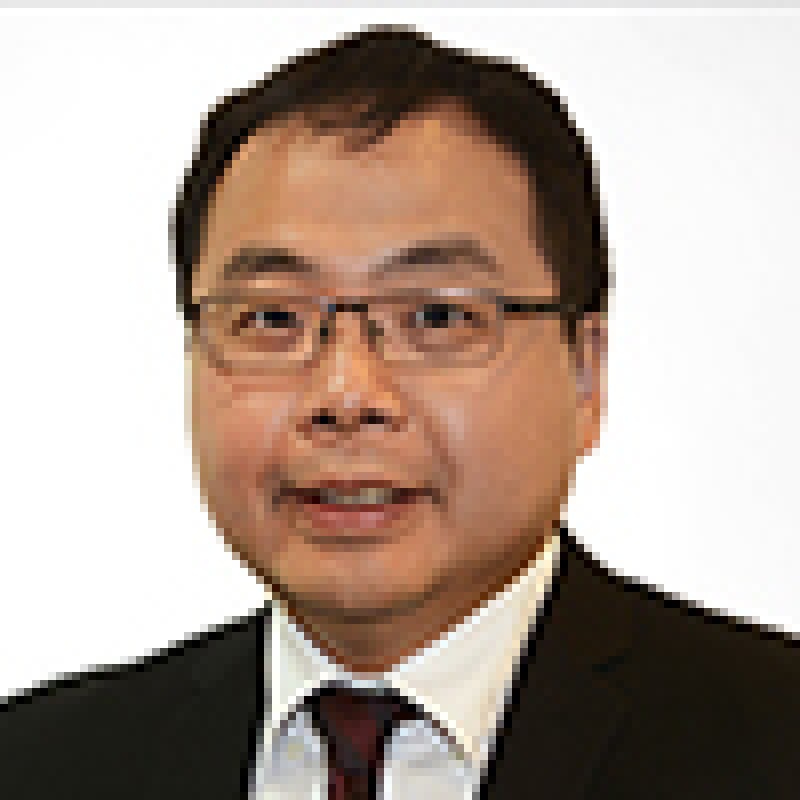The Hong Kong Intellectual Property Department (HKIPD) made major reforms to the patent system in Hong Kong in December 2019, with the introduction of the original grant patent (OGP) system. The OGP system provides a direct filing route for an application for a standard patent (O) in Hong Kong and will be offered in parallel with the re-registration route. This reform is an important development that brings the Hong Kong patent system in line with other major patent offices. It is expected to better support innovation and technology development in Hong Kong.
The new substantive examination
Under the new system, substantive examination is a prerequisite for the grant of a standard patent (O). The HKIPD issued Patent Examination Guidelines (guidelines), which include the principles and practices of the registrar when carrying out substantive examination.
Among other requirements, an invention is patentable in Hong Kong if it is novel, involves an inventive step, and is susceptible to industrial application. The standard for novelty aligns with the standards of most major patent offices, and the Registry considers the state of the art based on the public disclosure in Hong Kong and elsewhere in the world. The Registry disregards public disclosures of the invention made within the six month grace period from the earliest priority date if the public disclosure was an evident abuse or made by the applicant or any proprietor of the invention at a prescribed exhibition or meeting.
For assessing the inventive step of the claimed invention, the Registry generally applies the Pozzoli approach (Pozzoli Spa v BDMO SA [2007] EWCA Civ 588) from the Court of Appeal in the United Kingdom. This approach was also adopted by the Hong Kong courts as precedent. The Pozzoli approach requires the identification of a person skilled in the art and the relevant common general knowledge of such a person. The assessment is based on a hypothetical person having the skills in the technical field, but not having an inventive mind. The examiner will consider the inventive concept of the claims and the respective technical contribution to the art. Therefore a set of properly drafted claims is crucial for highlighting the inventive concept of the invention.
Other requirements, such as sufficiency of disclosure, unity of invention, and double patenting, should also be well considered before filing a standard patent (O) application in Hong Kong. In particular, the guidelines prohibit the granting of two patents for one invention made by the same inventor(s). Therefore, the Registry will not grant a standard patent (O) if a short-term patent is already granted for an invention with the same scope of substance.
Extended priority claim
In this reform, the rules with respect to priority claims are also amended. An applicant may request restoration of a priority right if an application is filed within two months after the expiry of the 12-month priority period. However, under Section 31B(2)(b)(ii) of the Patent (General) Rules (rules), the restoration application must be filed with evidence showing why the application was not duly filed before the expiry of the 12-month priority period. It is uncertain how the Registry will exercise its discretion on applications filed within two months after the expiry of the priority period.
Multiple independent and dependent claims
Under the new system, unlike a Hong Kong short-term patent application in which the total number of independent claims must not exceed two under Section 113(1A)(b)(ii) of the Patents Ordinance (Ordinance) and Section 58(2)(b) of the rules, a set of claims in a patent specification for a standard patent (O) application may include multiple independent claims. In addition, there is no specific limitation on the total number of independent and dependent claims contained in a standard patent (O) application, and no excess claim fees are required. However, Section 78(1)(b) of the Ordinance requires the claims contained in the specification of a patent application or a patent to be concise. Section 31S(7) of the rules further requires that the number of claims must be reasonable. Therefore, an objection may be raised if there is an unreasonably large number of claims.
In Hong Kong, an invention can be protected by a standard patent or a short-term patent. A standard patent can now be filed directly using the newly launched OGP system, which operates in parallel with the re-registration route. The OGP system has the advantage of providing a direct and economical route to acquiring patent protection in Hong Kong.

|

|

|
John Chung |
Tony Ho |
Stanley Yip |











